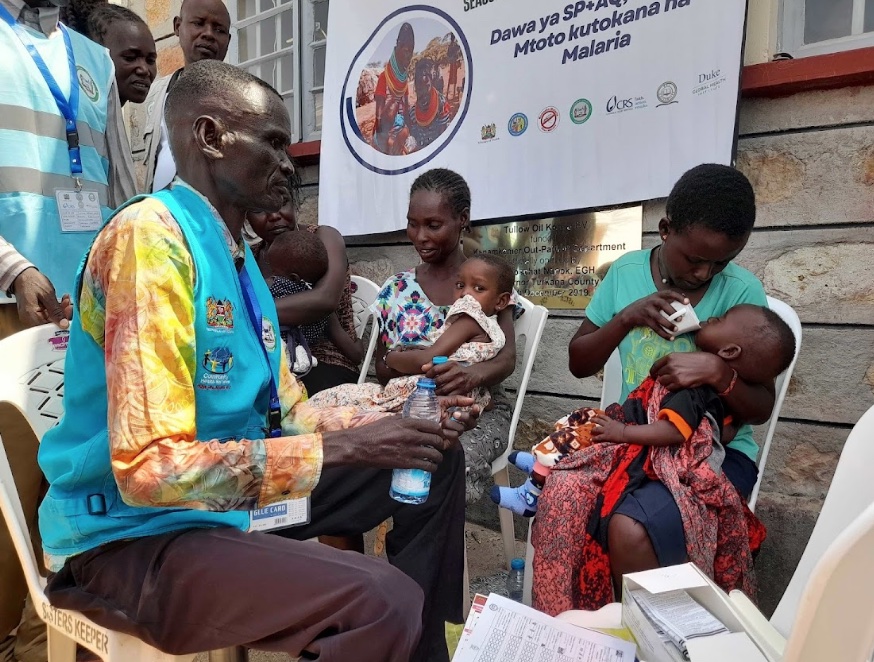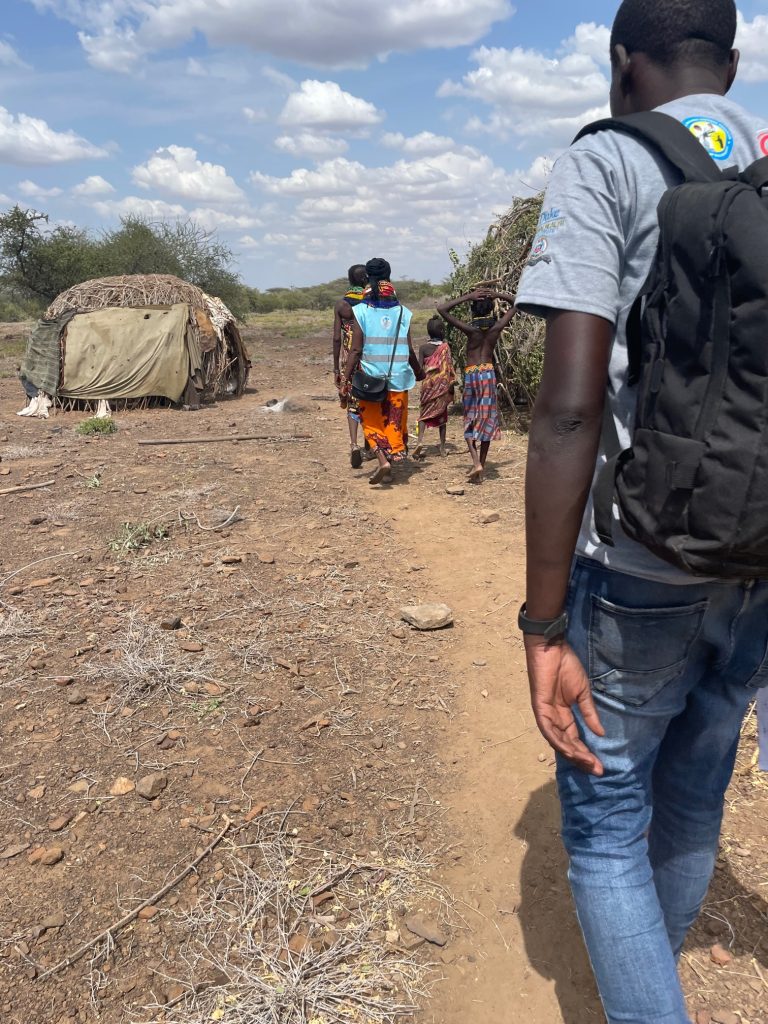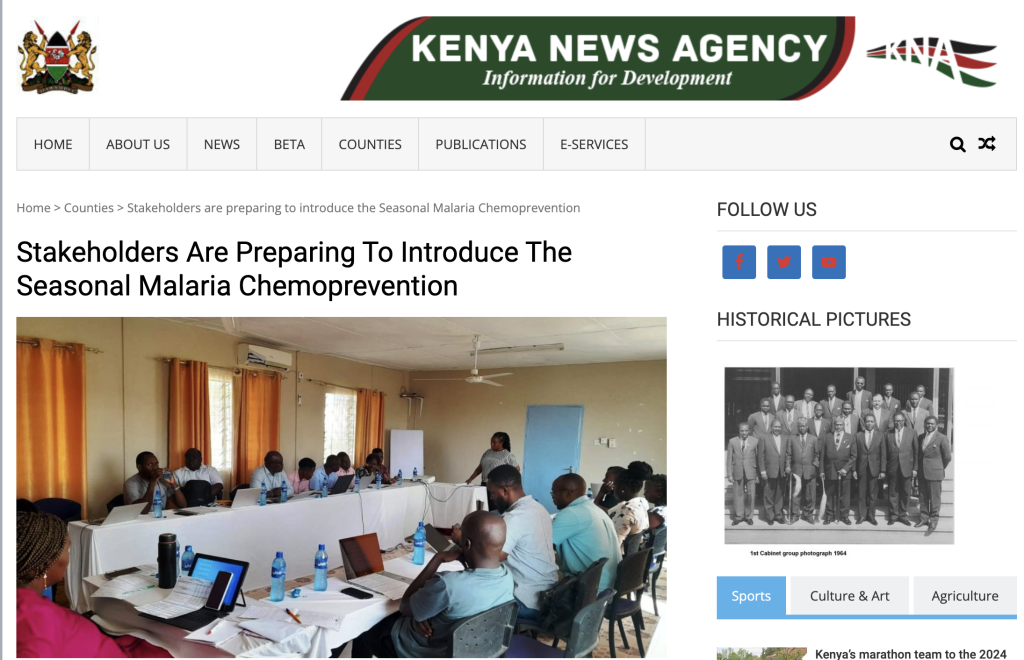Lodwar, March 24, 2023 (Directorate of Communication-Ministry of Health)
Malaria specialists from Moi and Duke University, yesterday in Lodwar met with County Health Officials to initially discuss a proposal to introduce Seasonal Malaria Chemoprohylaxis (SMC) as an additional strategy to reduce malaria related deaths among children in Turkana.
Speaking while closing the meeting at County Health Ministry Headquarters Acting Chief Officer Joyce Illikwel said that introduction of SMC strategy in Turkana will be a milestone in the fight against Malaria and will reduce child mortality rates caused by Malaria parasite.
She said Malaria is a top killer disease in Turkana and all efforts to eradicate it, are highly welcome, adding that the team selected from health officials will offer its expertise on Malaria to make SMC a policy to combat the disease.
Illikwel said that the ministry will push the executive to support the joint collaboration in research, policy formulation and funding of the SMC strategy to prevent Malaria related deaths that have diverse negatives effects on people’s lives.
Since 2018, a joint Moi/Duke University and County health team have been studying Malaria prevalence, found anopheles stephensi and plasmodium vivax, a new vector and new mosquito species respectively in Turkana. The two present new malaria control challenges in the County.
While presenting the jointly produced esearch proposal on the efficacy of the SMC approach Moi/Duke University Principal Investigator Wendy O’meara said that the strategy involves administration of two antimalarial drugs at intervals to children to prevent malaria during the malaria season in areas with highly seasonal transmission.
O’meara said that SMC has been used in Sahel countries and also piloted in Karamoja region of Uganda with remarkable results in reduction of Malaria prevalence by at least 75%.
She further explained that SMC goal is to establish antimalarial drug concentrations in the blood that clear existing infections and prevent new ones during the period of greatest risk. Dr. Omeara was flagged by her team mates Principal Investigator Dr. Diana Menyan and Malaria Research Coordinator Joseph Kipkoech.
The meeting selected a joint technical working team to document the discussions of the meeting so as to develop a road map for implementation of the proposal.
The meeting was also attended by Acting Director Medical Services Dr. Yvonne Musa, Public Health Deputy Director Daniel Esmit, Deputy Director Health Products and Technologies Units David Moru, Deputy Director Rehabilitative and Psychosocial Services Dr. Joseph Lolepo, County School Health Coordinator Rael Akoru, County Pharmacist Brian Muokani, Deputy County Pharmacist Paul Kare, County Malaria Coordinator David Ekai, County Coordinator CHVs Jonathan Longiti, County Public Health Officer Lucas Edete, M&E officer Julius Gogong among others.
The approach will be implemented in select Sub-Counties for a start before rolling out to the rest of the Sub-Countues as part of the impact evaluation study.





